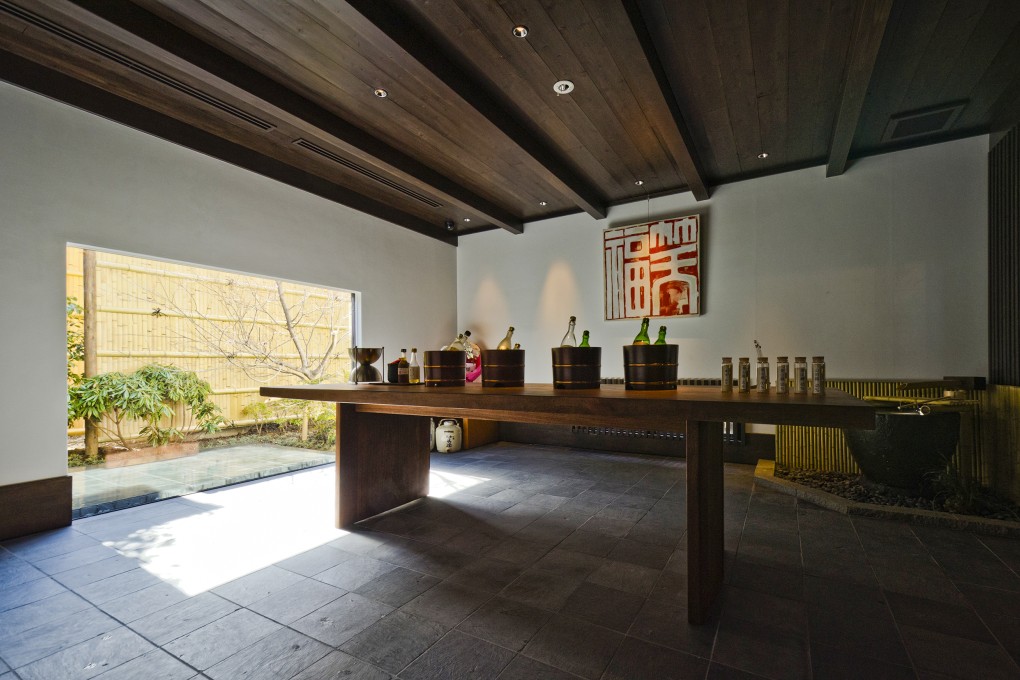Brewer's super-premium sake 'perfect introduction' to the spirit
350-year-old boutique Masumi brewery picked to make house sake for Aman Tokyo, the Asian luxury hotel group's first venture in Japan

Outside the newly opened Café at the Aman Tokyo hotel, locals queue for up to an hour for a taste of the Aman experience. The venue is about to gain an added attraction with the delivery of a seasonal sake from the historic Masumi brewery.
The hotel group has chosen award-winning Masumi as the house sake for its first foray into Japan. As well as the nama sake, available on tap, there's a bottled Aman Tokyo Blend created exclusively for the hotel along with Masumi's premium and super premium sakes, and a much-in-demand sparkling sake.
For hotel guests, a trip to Masumi's brewery in Suwa, in the mountainous Nagano prefecture known as the Japanese Alps, can also be arranged.
I felt that a special blend of this lighter, gentler sake would be perfect for Aman Tokyo because it is an important gateway between Japan and the rest of the world
The Masumi brewery sits on the main street running through Suwa among four other sake houses. It's no coincidence that sake breweries cluster in areas that have pure water supplies. Suwa is renowned for its hot springs - some families have them in their homes and there's even a public one on the train station platform.
Like all kura or breweries, Masumi has a ball of cedar tree leaves hanging above the entrance. This sugidama is hung at the beginning of the sake brewing season in the autumn and blessed by a Shinto priest (there are strong, long-standing links between sake making and religion). The leafy globe starts off green and turns brown through the year - just as the sake matures.

The Miyasaka family who own Masumi have run a brewery on this site since 1662 as the weathered flagstones attest. A higgledy-piggledy clutch of wooden buildings has been built and rebuilt over the centuries. At its centre is a neat, serene courtyard, including a shrine to the harvest gods.
A stone monument stands in homage to Yeast Number Seven - the seventh starter yeast proclaimed by the Japanese government in the early 20th century to be of superior quality. Created in Masumi's laboratory, it is the most widely used yeast in Japan and the basis for the Aman Tokyo Blend sake.